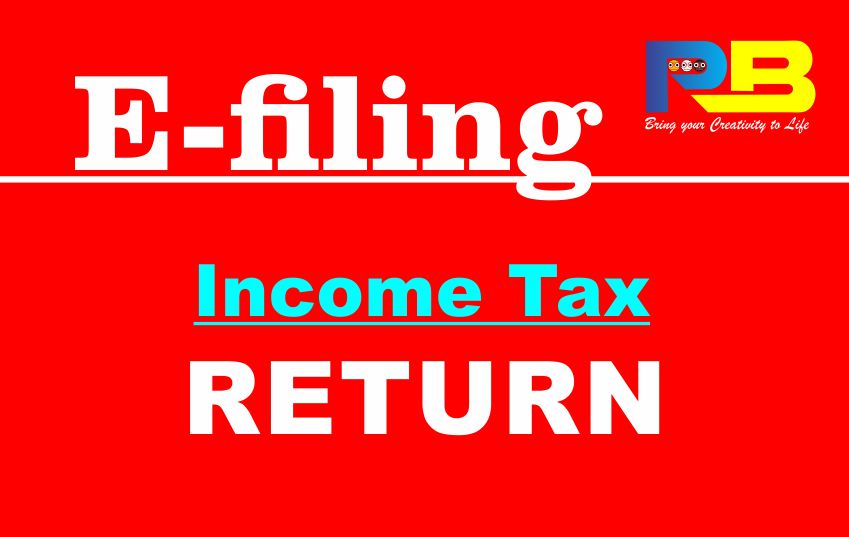
Income Tax 01
is a Income Tax 01 imposed by governments on the income generated by individuals and businesses within their jurisdiction. Here are the key aspects of income tax:
-
Taxable Income 01 This is the portion of income subject to tax, calculated by subtracting allowable deductions, exemptions, and credits from total income.
-
Tax Rates: Income tax is typically progressive, meaning that the rate increases as income increases. Tax brackets are set by the government to determine the tax rate applicable to different ranges of income.
-
Types of Income:
- Earned Income: Wages, salaries, tips, and other compensation from employment.
- Investment Income: Dividends, interest, and capital gains from investments.
- Business Income: Profits from operating a business.
- Other Income: Pensions, rental income, royalties, and other forms of earnings.
-
The Income Tax system in India has recently undergone some significant changes. The new Income Tax Bill, 2025, aims to modernize the tax framework, enhance compliance, and streamline existing laws by eliminating redundant provisions and consolidating multiple sections. This bill introduces simpler language, easier compliance norms, and a strong emphasis on digital integration in tax administration.
For instance, the term “previous year” has been replaced with “tax year” to reduce ambiguity and align with international standards. The bill also clarifies that expenses incurred by an employer for providing transport services will not be considered a taxable perquisite.
Additionally, the Income Tax Department has introduced an online self-help tool to assist taxpayers in understanding the proposed changes in the Income Tax Bill 2025. This tool is available on the official income tax website and helps users compare provisions of the new bill with the current Income Tax Act, 1961.
You can find more information on the https://www.incometax.gov.in
Is there anything specific you would like to know about the new Income Tax Bill or any other tax-related queries?
-
Filing Requirements: Taxpayers are required to file an income tax return annually, reporting their income and calculating their tax liability. The return includes information on income sources, deductions, credits, and taxes owed or refunds due.
-

Income Tax 01 -
Deductions and Credits:
- Deductions: Expenses that can be subtracted from total income to reduce taxable income, such as mortgage interest, medical expenses, and charitable donations.
- Credits: Amounts that can be subtracted directly from the total tax owed, such as education credits or credits for energy-efficient home improvements.
-
Withholding and Payments: Employers typically withhold income tax from employees’ paychecks and remit it to the government. Self-employed individuals and others with non-wage income may need to make estimated tax payments throughout the year.
-
Purpose: Income taxes fund government operations and public services, such as education, healthcare, defense, infrastructure, and social programs.
-
Compliance and Enforcement: Governments enforce income tax laws through audits and penalties for non-compliance. Taxpayers are required to keep accurate records and provide evidence of income and deductions if requested.
Income tax systems vary widely around the world, with different rates, rules, and structures depending on the country and jurisdiction.
Income tax in India offers several benefits to taxpayers, including various exemptions and deductions that can help reduce the overall tax liability. Here are some key benefits:
For Salaried Persons
-
House Rent Allowance (HRA): Exemption is available based on the least of actual HRA received, 40% of salary (50% in major cities), or rent paid minus 10% of salary.
-
Children Education Allowance: Up to ₹100 per month per child for a maximum of 2 children.
-
Hostel Expenditure Allowance: Up to ₹300 per month per child for a maximum of 2 children.
-
Transport Allowance: ₹3,200 per month for employees who are blind, deaf, or orthopedically handicapped.
For Individuals & HUFs
-
Basic Exemption Limit:
-
₹2,50,000 for individuals.
-
₹3,00,000 for resident senior citizens (60-80 years).
-
₹5,00,000 for resident super senior citizens (80+ years).
-
-
Rebate under Section 87A: Tax payable but subject to a maximum of ₹12,500 for resident individuals with total income not exceeding ₹5,00,000.
-
Concessional Tax Regime: Option for reduced tax rates under Section 115BAC, subject to certain conditions.
General Benefits
-
Claim Tax Refund: Taxpayers can claim a refund if they have overpaid their taxes.
-
Availing Loans and Credit Cards: Consistent tax payments enhance financial credibility, making it easier to secure loans and credit cards.
-
Proof of Income: Income tax returns serve as proof of income, which is valuable for various financial transactions.
These benefits not only help in reducing the tax burden but also provide financial stability and support for various personal and professional endeavors.
Is there anything specific you would like to know more about?







